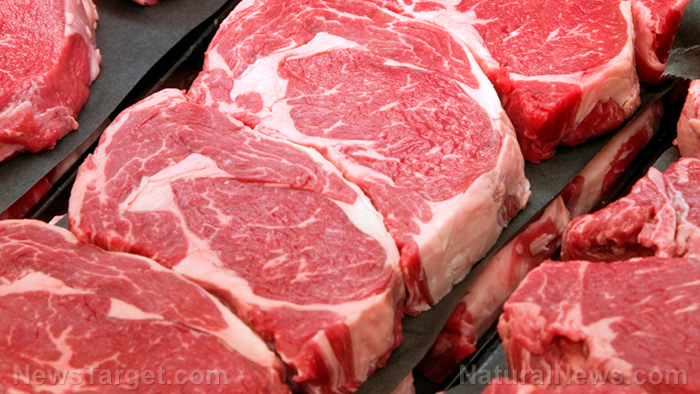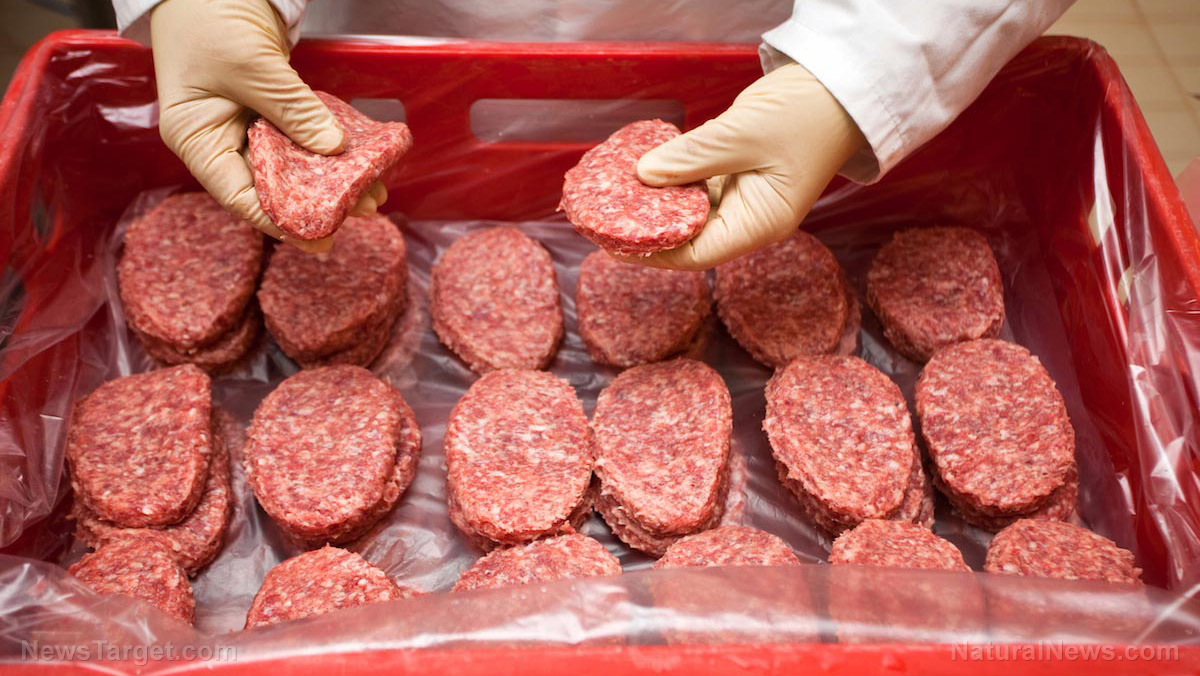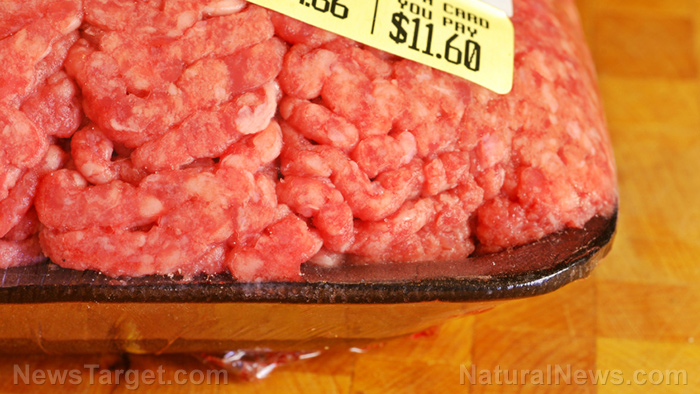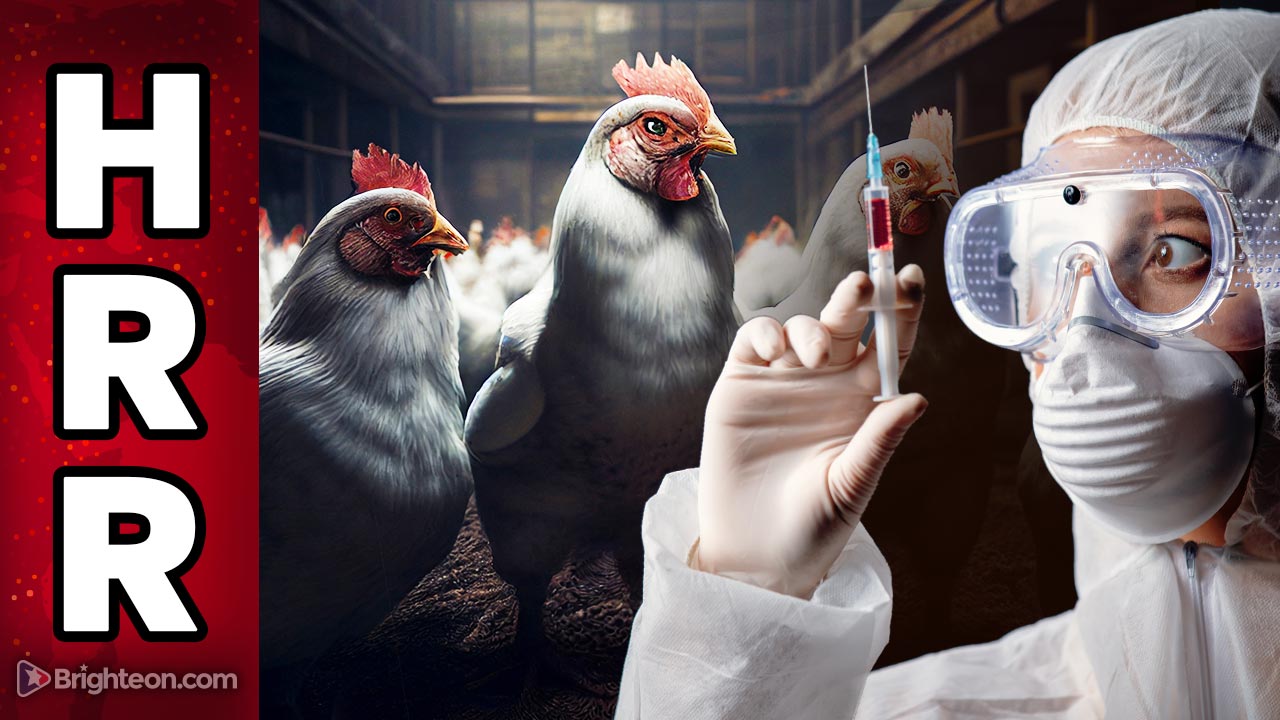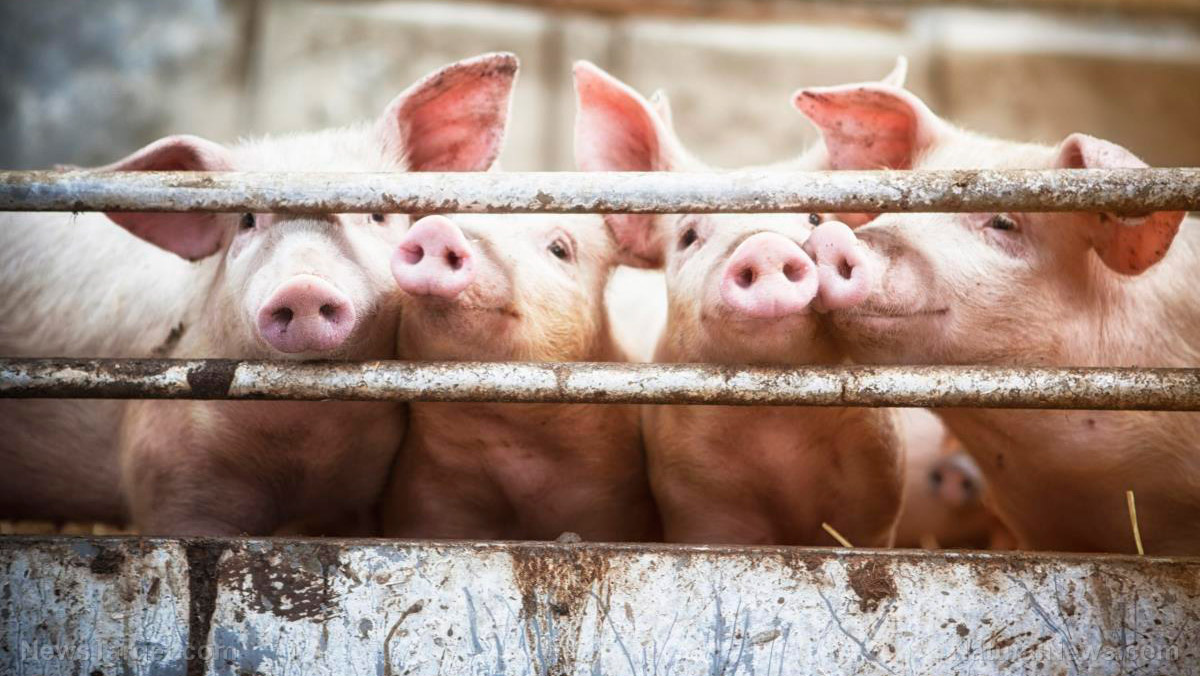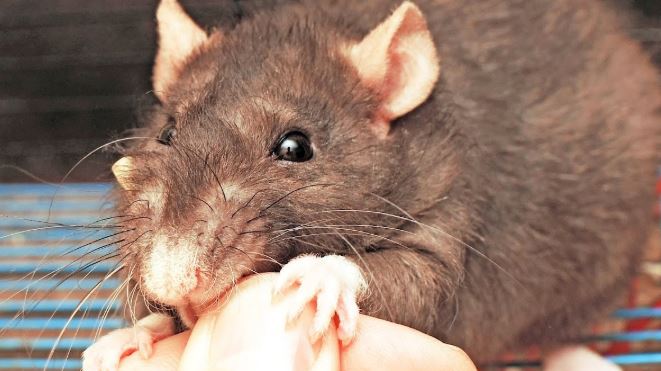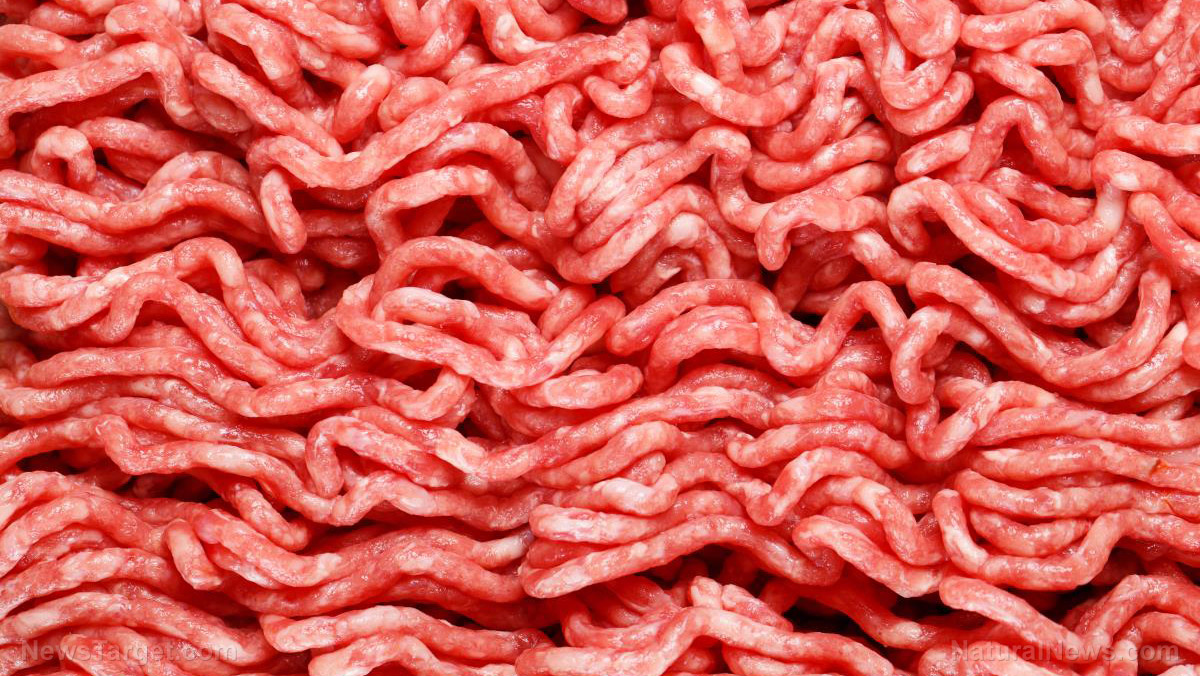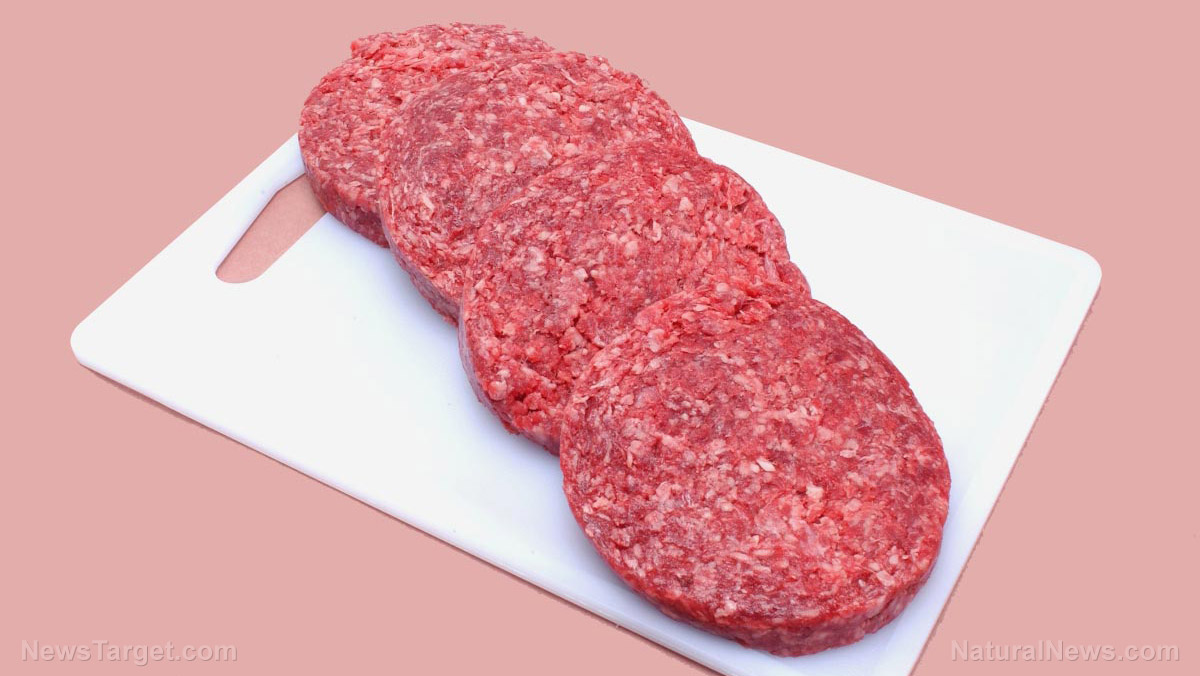Fake meat companies are failing as consumers abandon processed plant-based alternatives to real meat
02/22/2023 / By Arsenio Toledo

Fake meat companies are failing, as a majority of consumers who choose to eat meat abandon the cultured counterpart due to high prices, disappointing taste and questionable benefits.
In 2020, retail sales of plant-based fake meats grew by 45 percent and surpassed the $1 billion mark for the first time as more and more consumers became aware of the existence of companies like Beyond Meat and Impossible Foods. (Related: Bill Gates-backed fake meat companies on the verge of financial collapse.)
Other factors, including meat shortages, the availability of extra cash to spend on cultured meats and the novelty of eating plant-based meat alternatives also buoyed sales. But things have changed since then, and the two aforementioned prominent fake meat companies are tumbling.
As of December, supermarket sales of refrigerated plant-based meat products have fallen by 14 percent compared to 2021. Orders for plant-based burgers at food service outlets also fell by nine percent in November compared to 2019 levels.
Faced with this downturn, Beyond Meat – whose stock price also fell by nearly 75 percent in 2022 – laid off 20 percent of its workforce in 2022. In October, Impossible Foods let go of six percent of its employees, and then in late January announced another mass layoff, shrinking the company headcount by another 20 percent.
“We took steps … to position our business for sustainable, balanced growth over the long term by bringing our costs more in line with our revenue, which includes reducing our workforce,” said a spokesperson for Impossible Foods. “We remain confident in the strength of our business and our future growth, and we’re grateful to all of the talented, dedicated employees who have contributed to our mission.”
If consumers want to eat meat, they prefer real meat
Results from multiple surveys strongly suggest that the number of Americans who are vegetarian or vegan has remained stable at around five to six percent. This means that the spike in fake meat sales was not accompanied by a similar surge in Americans eschewing meat in their diets.
Brian Yarbrough, a consumer research analyst at financial and market research company Edward Jones, noted that plant-based meats just aren’t sticking with many consumers.
“[It’s] a great product for a small subset of the population … [but a] difficult sell for most consumers,” he said.
Many Americans who have tried plant-based meat claim that its taste is disappointing and does not accurately approximate the taste of actual meat.
“The mimicking of real meat introduces that comparison with authenticity,” noted Steffen Jahn, a marketing professor studying consumer food choices at the University of Oregon. “They try to mimic it and say, ‘We’re almost real.’ But then some people will say, ‘Yeah, but you’re not real real.'”
Furthermore, a growing body of research strongly suggests that fake meat is not healthier than real meat.
“Nobody should be under the illusion that these are health foods,” noted Dr. Michael Greger, founder of NutritionFacts.org.
Sara Middleton, a staff writer for Natural Health 365, noted that there are plenty of valid reasons for people to adopt vegetarian or vegan diets – including environmental and ethical concerns and personal preference. She noted that vegetarians and vegans should consider avoiding highly processed and unhealthy cultured meats.
“If you do choose to follow a vegetarian or vegan diet, you’re encouraged to avoid highly processed ‘meat alternatives’ and instead enjoy the diverse, nutrient-rich palate that plant foods can offer you,” she said. “The same can be said, of course, for people who still want to include meat and animal products in their diet – that is, avoid the more health-harming, calorically dense and nutrient-poor processed foods, especially processed meats – and ‘fake’ meats for that matter.”
Learn more about the cultured meat industry at FakeMeat.news.
Watch this episode of “Hugo Talks” discussing how fake meat companies are failing.
This video is from the channel The Prisoner on Brighteon.com.
More related stories:
Immortalized cell lines used in lab-grown meats can cause CANCER.
Fake meat firms collapsing due to lower sales, anti-woke backlash.
FDA declares lab-grown chicken ‘safe to eat’ – but scientists, food safety advocates have questions.
Bill Gates quietly pushing globalist-backed FAKE MEAT by investing in companies that manufacture it.
Sources include:
Submit a correction >>
Tagged Under:
Beyond Meat, bubble, clean food watch, collapse, consumer choices, consumers, cultured meat, diets, fake meat, frankenfood, Impossible Foods, lab-grown meat, market crash, products, risk, synthetic meat, vegans, vegetarians
This article may contain statements that reflect the opinion of the author
RECENT NEWS & ARTICLES
COPYRIGHT © 2022 FakeMeat.news
All content posted on this site is protected under Free Speech. FakeMeat.news is not responsible for content written by contributing authors. The information on this site is provided for educational and entertainment purposes only. It is not intended as a substitute for professional advice of any kind. FakeMeat.news assumes no responsibility for the use or misuse of this material. All trademarks, registered trademarks and service marks mentioned on this site are the property of their respective owners.

